Attention to Detail Normal Worksheets for Ages 8-9
5 filtered results
-
From - To
Discover our engaging "Attention to Detail Normal Worksheets" designed specifically for children aged 8-9! These worksheets aim to sharpen young minds by promoting critical thinking skills and enhancing their observational abilities. Through fun activities that include comparing pictures, identifying patterns, and completing tasks that require careful attention, students will develop important cognitive skills. Each worksheet aligns with educational standards, ensuring a meaningful learning experience. Perfect for classroom use or at-home practice, our resources make learning enjoyable while helping children excel in paying attention to detail. Unlock their potential with these thoughtfully crafted worksheets that inspire curiosity and focus!
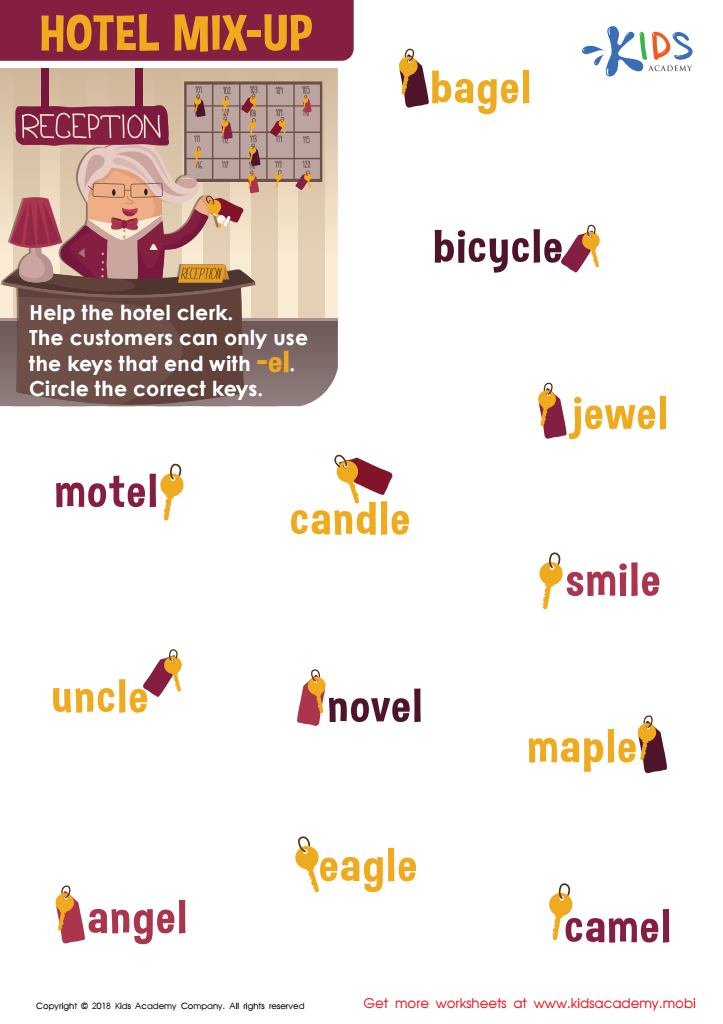

Hotel Mix-up Worksheet
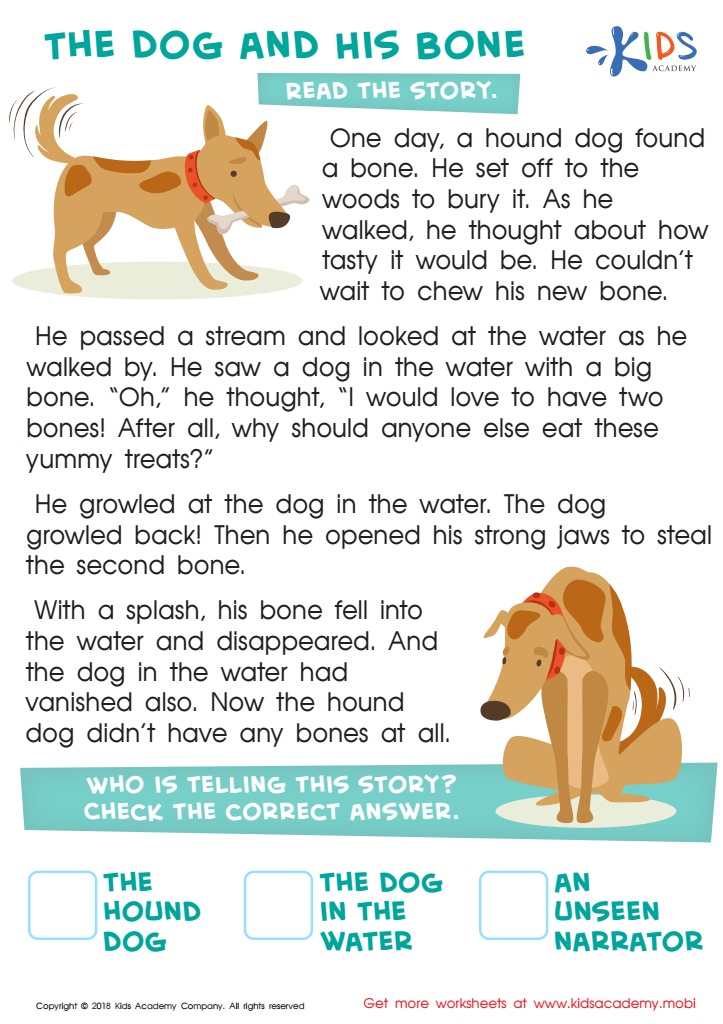

The Dog and His Bone Worksheet
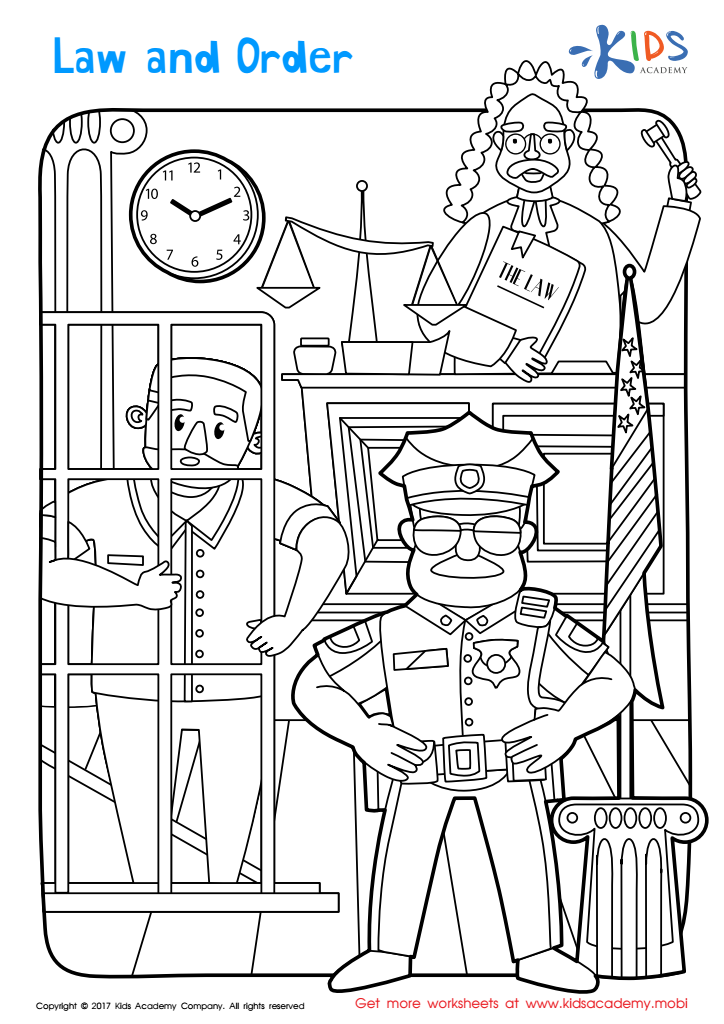

Law and Order Coloring Page Worksheet
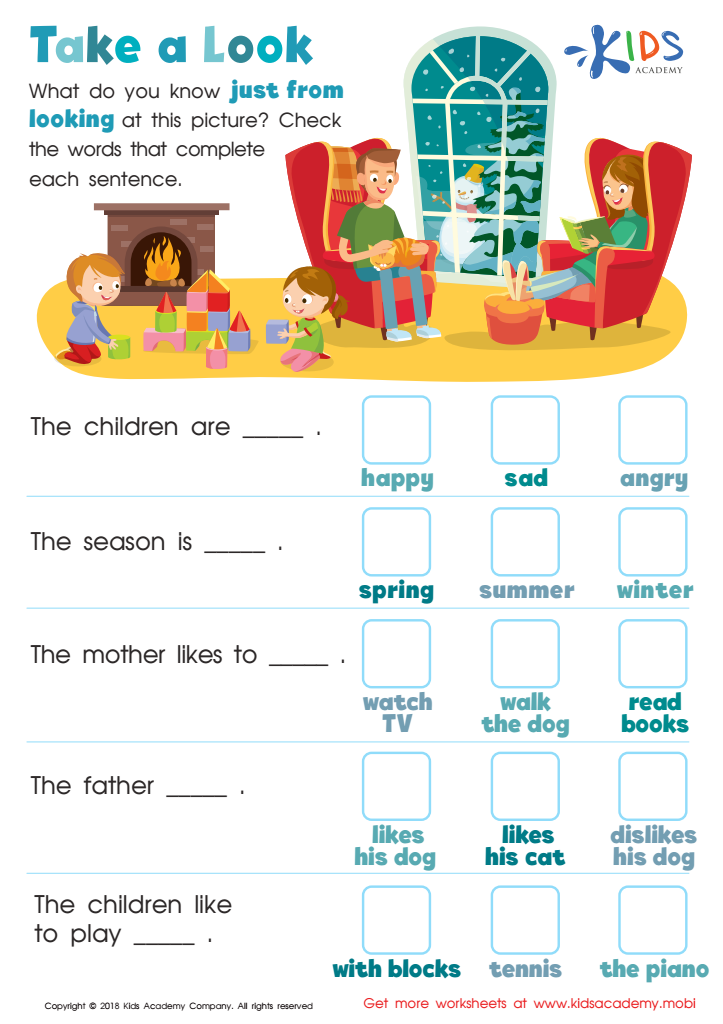

Take a Look - Part 1 Worksheet
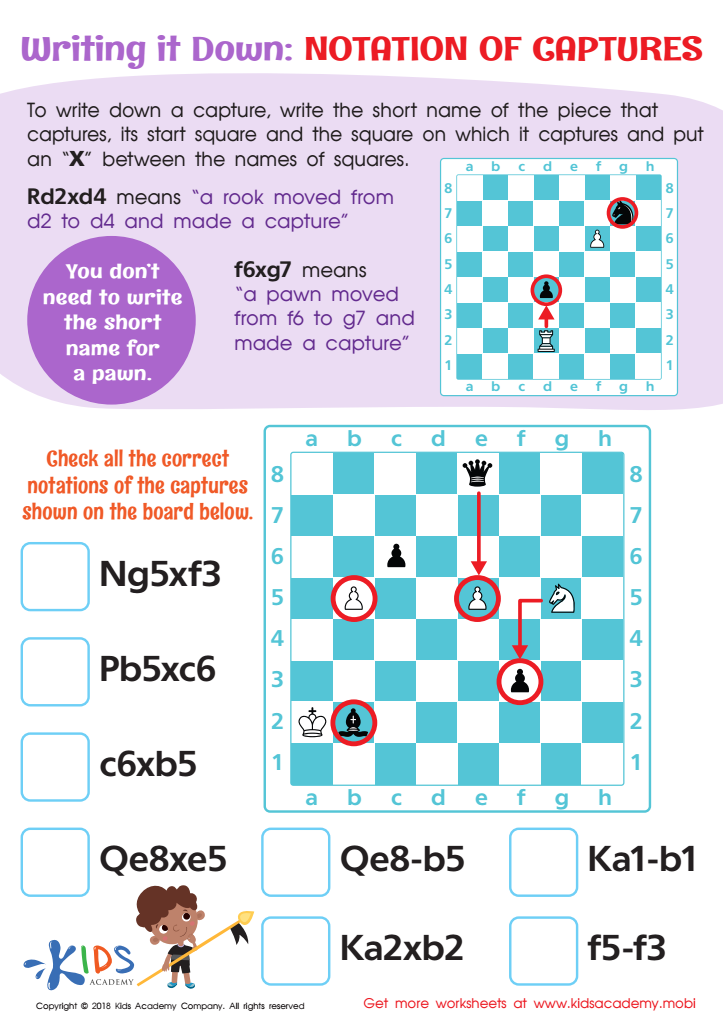

Notation of Captures Writing it Down Worksheet
Attention to detail is a critical skill for children aged 8-9, and it's vital that parents and teachers foster this ability. At this age, children are developing their cognitive, social, and academic skills, and honing their attention to detail can greatly enhance their learning experiences. When children focus on details, they improve their critical thinking and problem-solving skills, which are essential for tackling more complex subjects like math and reading comprehension.
Moreover, having strong attention to detail supports organizational skills. Children learn to complete tasks effectively, from homework to daily routines, which can impact their self-esteem and overall academic performance. By nurturing this skill, parents and teachers also set a foundation for lifelong learning, as attention to detail is invaluable in everyday life and various career paths.
Additionally, focusing on detail cultivates mindfulness, encouraging children to be present and engaged in their activities. This can lead to better relationships with peers, as they become more aware of social cues and nuances. Therefore, fostering attention to detail not only benefits academic success but also promotes emotional intelligence and social awareness, equipping children with the tools they need to thrive both in school and beyond.
 Assign to My Students
Assign to My Students
















